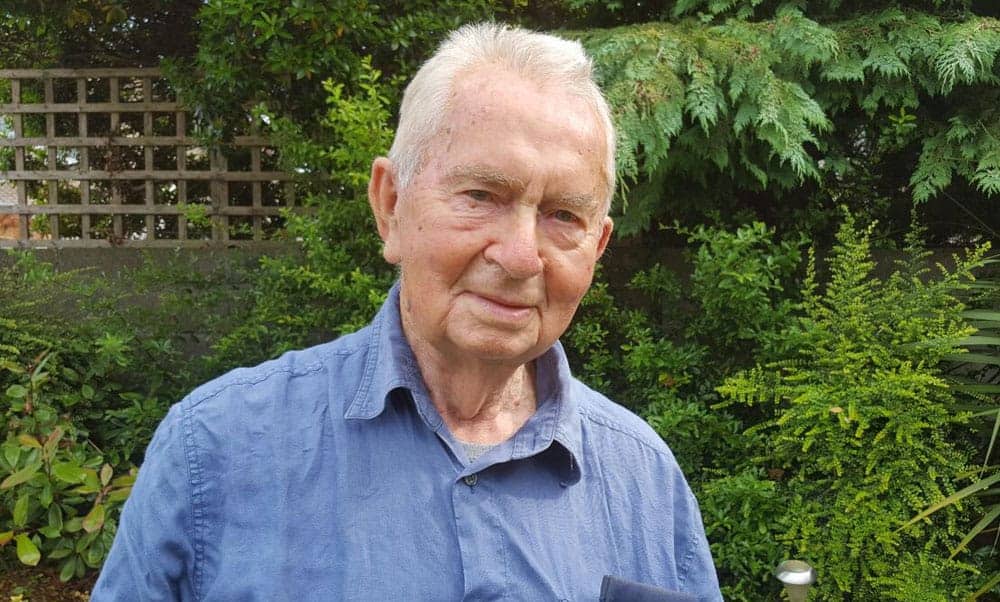Over a lifetime of writing, my complete published output is now available on this website. It comprises stories, articles, radio plays and a book of radio short stories, The End of the Honeyflow published in 1994. I have not included a TV play sold to RTE because although I was paid the full fee, it was never produced. A few articles in the Evening Herald in the 1950s that set me on my way are now lost. Also included is my autobiography, Turn up the Light, just completed.
Success as a writer involves committing oneself to writing with unwavering belief and total dedication. Although I have always had the urge to write, I could never have made that commitment. I didn’t have the temperament, the confidence or the will and I also had doubts about my ability to sustain the effort. I preferred the comfort of a steady post in the public service to the precarious existence of trying to make a living from writing.
Doing the job part-time satisfies a need but lacks the continuity for success. Sitting down to write after a day spent in another occupation is not an easy task. The day job was necessary to provide for my family and that was my first duty. For some years I was chairman of an EU committee on port planning and statistics, an undertaking that involved travel to meetings throughout the EU and took a lot of time and energy. I also had to take care of my main employment, as planning officer in Dublin Port. In those years my writing was spasmodic.
I also suffered from a strange case of writer’s block. There were years when I wrote nothing because the motivation to sit down and turn an idea into a saleable piece of work was entirely missing. There were other years when I wrote thousands of words, novels, stories, stage plays, film scripts, none of any merit whatsoever. Now and then some good stuff did come through. I have published that work and been paid for it and that is my modest testament as a writer. If I had been able to produce consistently writing that matched my best, perhaps my name would be better known.
Some of the articles are journalism rather than creative work and appeared mainly in the Evening Press. They were the product of research and bits and pieces culled from newspapers and magazines. The Weekly Sketch, a digest of the week’s Daily Sketch newspapers was a good source. Keeping a cuttings index and filing the cuttings under various headings was sheer drudgery. Payment too was small so after a short while I gave it up.
Most of what I have to say about the radio plays is included in the two articles, One Way to Write a Radio Play and The Length and Timing of a Radio Play. One interesting fact is that the three plays broadcast on RTE were turned down by the BBC and the two plays on BBC were rejected by RTE. Render Unto Caesar was turned down by RTE on the grounds that the priest’s sermons were too long and unbalanced the script. The BBC broadcast the play as part of its contribution to Bloomsday 1998. The Radio Times chose it as a highlight on Radio 4, the London Independent’s Fiona Sturges included it in her Pick of the Day column and the Irish Times radio critic Harry Browne gave it special mention. A repeat was broadcast in June 1999.

